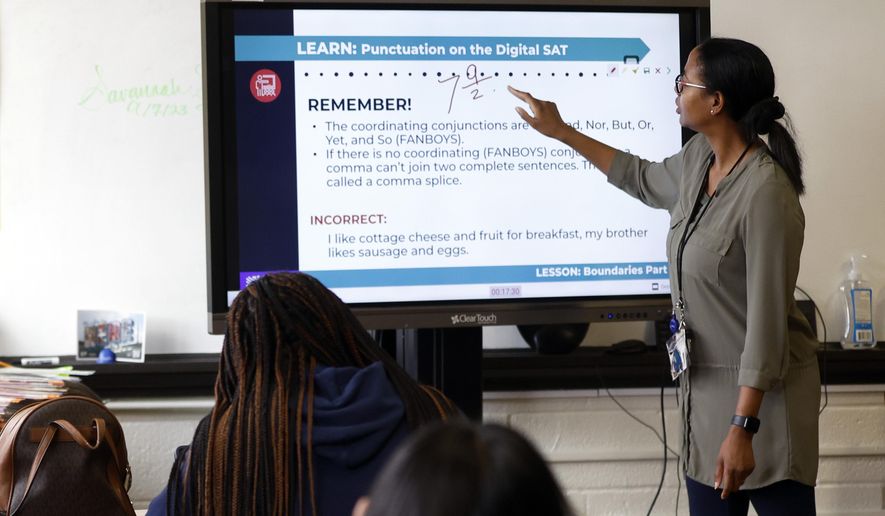Private religious schools are more effective at producing engaged citizens than traditional K-12 public campuses, a study has found.
Researchers from the University of Arkansas and the University of Buckingham analyzed 57 international studies. They found private school students performed “modestly better” than their public school peers in four key areas: political tolerance, political participation, civic knowledge and skills, and voluntarism and community engagement.
Published this week in Educational Psychology Review, their investigation showed religious private schooling was also more strongly associated than other private schools with higher levels of political tolerance, knowledge and skills.
“We should care about these findings because free countries establish public school systems for the express purpose of preparing their young citizens for the responsibilities of self-government,” Patrick J. Wolf, a University of Arkansas education policy professor and co-author of the report, told The Washington Times. “Some people oppose private school choice policies because they claim private schooling is privatizing and undermines civic outcomes, especially if the private schools are religious.”
In the study, private schooling increased both political tolerance and political knowledge by 12% of a standard deviation over the same outcomes among public school peers. It had a modestly positive effect on volunteering and community engagement.
However, the relationship between private schooling and political participation was not statistically significant, with private and public school students equally likely to participate in politics.
Mr. Wolf said the study built on decades of research showing that students in religious schools, especially Catholic high schools, are more engaged in their communities than their peers.
“Catholic schools showed the strongest overall positive effect on civic outcomes of all the school types in the meta-analysis, confirming the ‘Catholic schooling effect,’” he added. “Students don’t have to choose between God and country. They can enthusiastically support both.”
The nation’s two largest teachers unions, the National Education Association and the American Federation of Teachers, did not respond immediately to a request for comment.
The findings challenge longstanding assumptions on the secular left about religious education as “a source of bigotry and intolerance,” said Jonathan Zimmerman, a professor in the history of education at the University of Pennsylvania.
“This study suggests … religious schools promote more tolerance of differences than secular institutions do,” said Mr. Zimmerman, a self-described liberal who was not involved in the research. “As religious affiliation and practice decline, Americans have increasingly turned to politics for identity and meaning. But the churches of red and blue don’t teach us to love our neighbors.”
• Sean Salai can be reached at ssalai@washingtontimes.com.




Please read our comment policy before commenting.